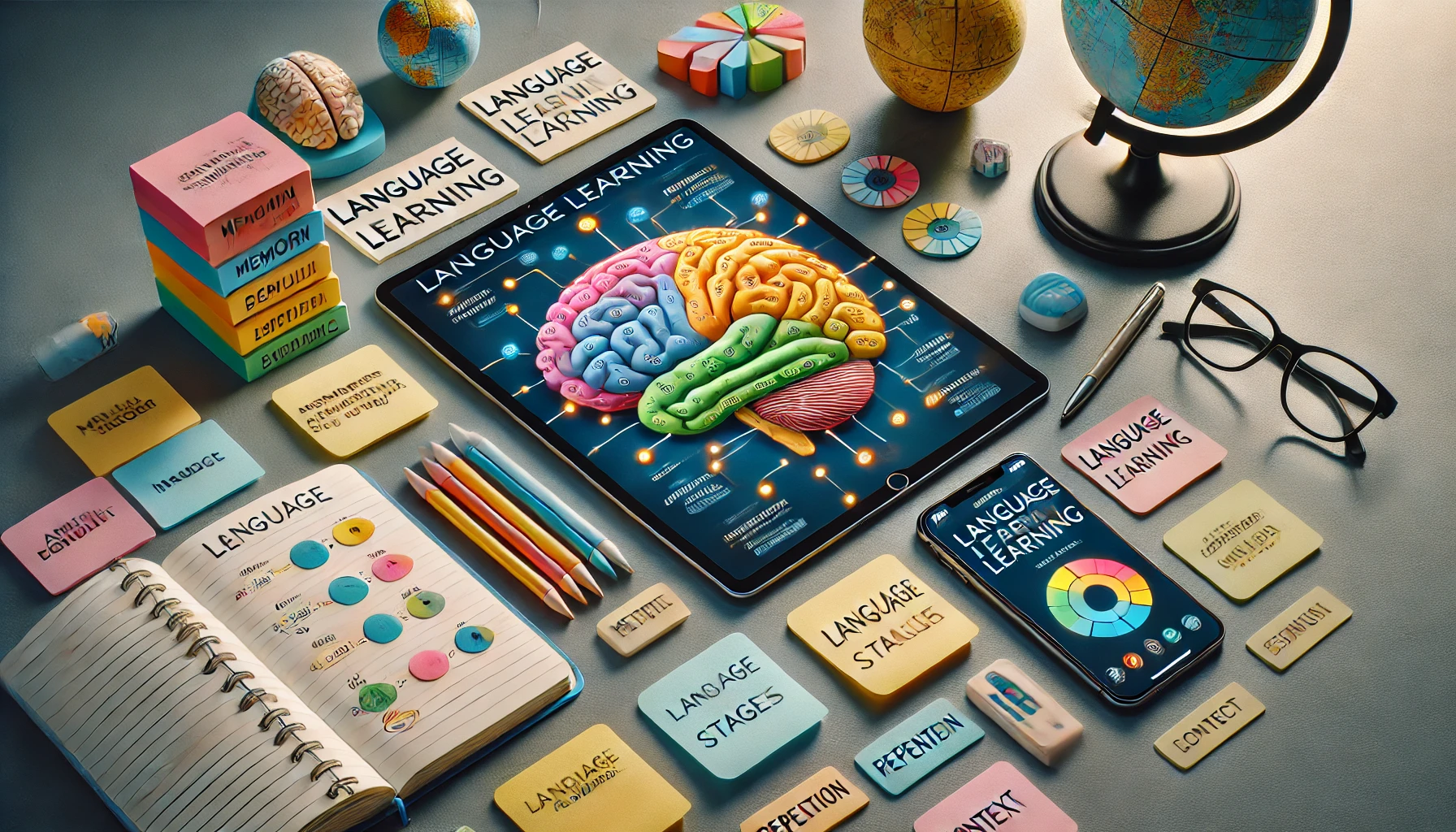Table of Contents
Introduction
In an increasingly interconnected world, the benefits of learning a second language are more relevant than ever. Mastering an additional language opens up new career opportunities, enhances cognitive functions, and broadens cultural horizons. This article explores the numerous advantages of bilingualism and why learning a second language is one of the best decisions you can make, both personally and professionally.
Cognitive Benefits
One of the most compelling advantages of bilingualism is its positive impact on cognitive abilities. Studies have shown that learning a second language improves multitasking, problem-solving, and critical thinking skills. These cognitive enhancements stem from the brain’s need to constantly switch between languages, reinforcing neural connections and enhancing cognitive flexibility.
Cognitive Flexibility
When learning a second language, the brain develops the ability to switch between languages, enhancing cognitive flexibility. This skill helps in adapting to new situations and thinking creatively.
Problem-Solving and Critical Thinking
Bilingual individuals often excel in problem-solving and critical thinking. The mental agility required to understand and produce a second language fosters sharper analytical skills, which can be applied in various aspects of life.
Career Advantages
Being bilingual is a major asset in today’s job market. Companies with a global presence value employees who can communicate with international clients and partners. Learning a second language can significantly enhance your career prospects, making you a more competitive candidate in fields such as business, healthcare, and government.
Increased Job Opportunities
With globalization, increased job opportunities arise for bilingual candidates, particularly in fields like marketing, customer service, and international relations.
Higher Earning Potential
Bilingualism can lead to higher earning potential. Studies indicate that bilingual employees may earn 5-20% more than their monolingual counterparts, depending on the industry and language proficiency level.
Competitive Edge
In sectors with high competition, bilingual employees gain a competitive edge, as they can access opportunities that require multilingual communication, giving them a unique qualification.
Cultural Appreciation and Global Awareness
Learning a second language provides a window into another culture, allowing you to experience the world from a different perspective. By understanding a new language, you gain insights into the traditions, history, and values of its speakers, fostering empathy and global awareness.
Enhanced Cultural Understanding
Knowing a language enables you to delve deeper into enhanced cultural understanding, helping you understand and respect diverse cultural practices and beliefs.
Broader Worldview
Bilingualism encourages a broader worldview, reducing cultural biases and promoting open-mindedness, making it easier to relate to people from different backgrounds.
Travel Experiences
Knowing a second language enriches travel experiences by allowing you to communicate with locals and immerse yourself in authentic cultural practices.
Improved Communication Skills
Learning a second language improves overall communication abilities. Understanding the nuances of another language heightens awareness of your native language’s structure and grammar, leading to clearer, more effective communication.
Better Listening Skills
Bilingualism develops better listening skills by training you to pay attention to accents, tones, and pronunciation differences, enhancing comprehension in both languages.
Adaptability in Communication
Being bilingual means you’re more adaptable in communication, able to shift between languages and understand different communication styles, making interactions smoother.
Enhanced Literacy Skills
Learning a second language reinforces enhanced literacy skills, as bilingual individuals often have a stronger grasp of vocabulary, grammar, and sentence structure.
Enhanced Memory and Brain Health
Studies have shown that bilingual individuals typically have better memory retention and mental clarity. Learning a second language exercises the brain, which can delay cognitive decline and reduce the risk of age-related illnesses like dementia and Alzheimer’s.
Improved Memory Retention
Learning vocabulary and grammar rules requires improved memory retention, which strengthens memory skills applicable across various tasks.
Delayed Onset of Dementia
Research indicates that bilingual individuals may experience a delayed onset of dementia and other age-related cognitive impairments, keeping their brains healthier for longer.
Social and Emotional Benefits
Beyond cognitive and career advantages, learning a second language offers valuable social and emotional benefits. Bilingual individuals often enjoy better interpersonal relationships and emotional resilience.
Building Connections
Learning a second language fosters building connections with people from diverse backgrounds, enhancing empathy and cultural understanding.
Increased Confidence
Mastering a new language brings increased confidence, as bilingual individuals gain a sense of achievement and capability in navigating different linguistic contexts.
Increased Academic Performance
Bilingualism positively affects academic performance across disciplines. Studies show that students who learn a second language perform better in subjects such as math, reading, and even science, due to the cognitive benefits of bilingualism.
Improved Academic Skills
Students who learn a second language often display improved academic skills across various subjects due to the enhanced cognitive processes developed.
Boosted Creativity
Learning a second language fosters boosted creativity, helping students think outside the box and develop innovative solutions.
Conclusion
The benefits of learning a second language are far-reaching, impacting cognitive health, career potential, cultural understanding, and personal relationships. Embrace the journey of learning a second language, and you’ll unlock new doors to personal growth, career advancement, and enriched global perspectives.
By implementing these language-learning techniques, you can maximize your learning potential, making bilingualism a valuable asset in today’s globalized world.




